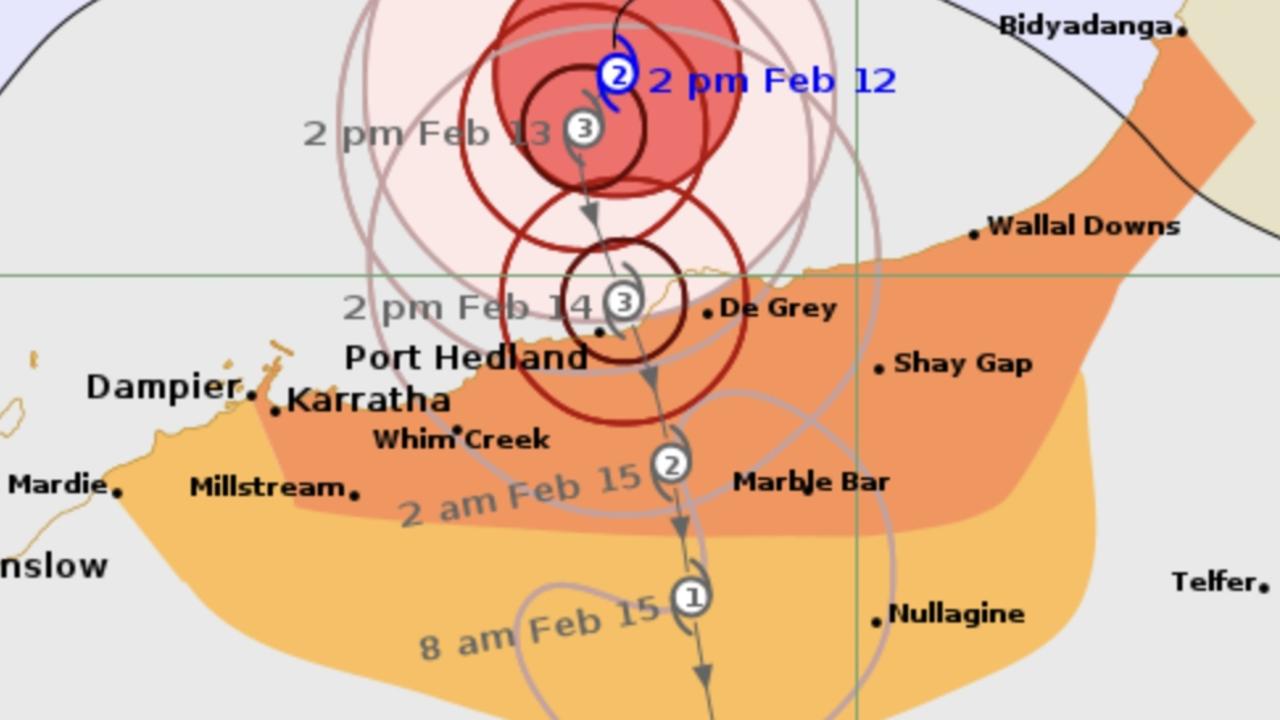Single-use vapes littered at highest recorded rates: Clean Up Australia
Alarming new data has revealed the dangerous items Aussies are throwing in their bins that is spreading across the country.
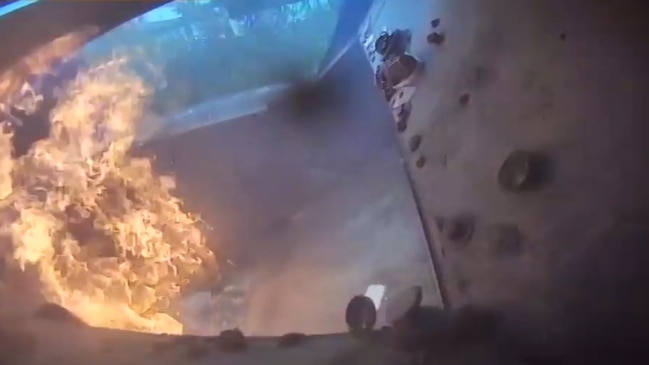
National
Don't miss out on the headlines from National. Followed categories will be added to My News.
Littering of single-use vapes containing hazardous and electronic waste has surged more than 140 per cent in a single year, according to Clean Up Australia’s latest report, amid calls for safer disposal options for the items.
In the 2023/24 financial year, Clean Up Australia volunteers collected litter from 16,320 sites, with environmentally devastating single-use vapes found discarded at almost a third of all locations – despite sales restrictions across the country.
Chair of Clean Up Australia, Pip Kiernan, said vapes are a “growing problematic waste item” due to the difficulty in safely disposing of them.
“ We call them the triple threat to the environment because they’re plastic waste, they’re e-waste because they have a battery, and they’re hazardous waste because of the toxins in the liquid,” she said.
“ They don’t belong in the environment and they also don’t belong in the kerbside bin.”
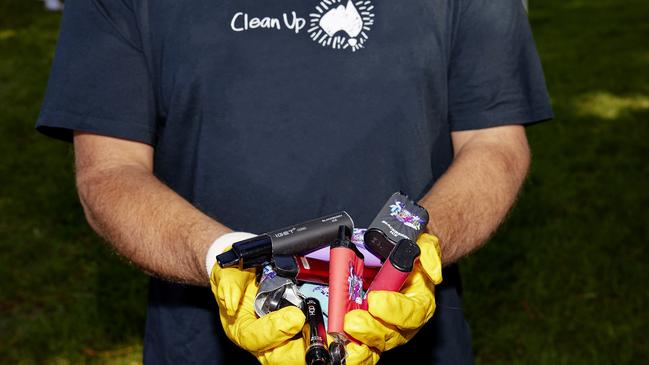
There is no national program for vape recycling or safe disposal, leaving the task to individual councils and to non-profits.
If placed in household bins, the battery embedded in single-use vapes can cause fires in garbage trucks or waste disposal facilities.
Some councils advise vape users to remove the battery themselves, putting the vape body in household waste and recycling the battery as e-waste.
But this can be very dangerous. Single-use vapes are often designed as a plastic cylinder with no removable parts, containing vape liquid, a battery and a heating element.
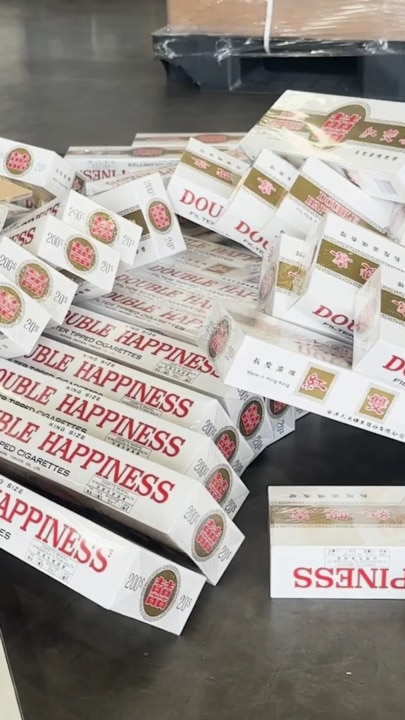
Given the products aren’t designed to be taken apart, damaging the plastic body is required to remove the battery. If the lithium-ion battery is accidentally pierced, it can explode.
Environmental organisation Planet Ark only recommends removing the battery from single-use vapes if you have “appropriate protective equipment and experience”.
Packaging for single-use vapes generally provides no indications regarding their disposal.
The Therapeutic Goods Administration’s national ban on non-therapeutic vapes carries a maximum of seven years in jail as well as hefty fines for retailers. National and statewide crackdowns on the importation and selling of illegal vapes has so far failed to take them off the streets.
Ms Kiernan said Australia “absolutely needs a national collection and safe disposal approach to vapes”.
“Consumers are confused because there’s different rules depending on where you are in the country,” she said.
In the absence of a national strategy, Ms Kiernan said, “whoever is producing or importing those types of products needs to be responsible for funding the safe disposal and reprocessing of these items”.
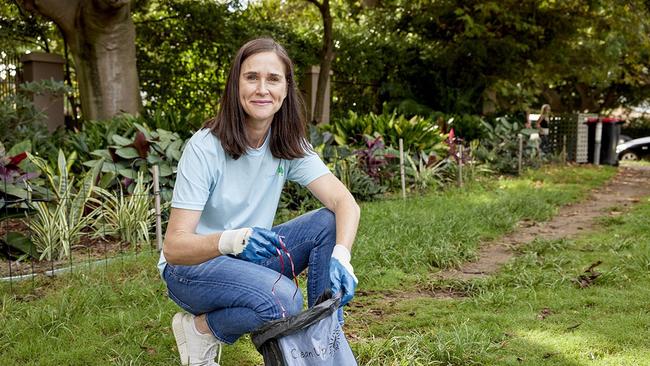
The top three counted items of litter nationally in Clean Up Australia’s report, released on Thursday, are soft plastics, cigarette butts and plastic bags.
Plastic products as a proportion of litter have continued to rise over the last decades, Ms Kiernan said, reflecting the presence of single-use plastics in our lives.
“What our litter report shows is the items that we buy and use. We saw, for instance, during Covid face masks were a much more littered item than they are now,” she said.
As a result of government intervention through container deposit schemes, bottles, cans and cartons have become a much lower proportion of litter collected. Plastic straw bans have also been effective, as they are no longer one of the top 10 littered items as they were in 2023.
With Clean Up Australia Day approaching on March 2, Ms Kiernan is resolute all Australians can reduce the impact of disposable vapes and other litter on our environment through participating in a clean up or through reducing their consumption of single-use items.
“Every action from every individual makes a difference and collectively, that can have a massive impact,” she said.
More Coverage
Originally published as Single-use vapes littered at highest recorded rates: Clean Up Australia




